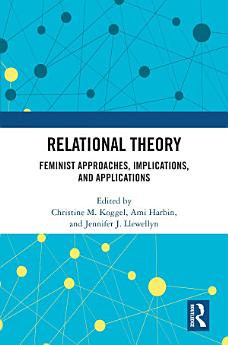Relational Theory: Feminist Approaches, Implications, and Applications
Tungkol sa ebook na ito
The chapters in this volume focus on relationships of power and oppression; how these relationships shape who is taken to have knowledge and who is dismissed or ignored; and what all of this means for theories of equality, justice, and moral and political theory more generally. A focus on relationships of power and oppression opens up an examination into structures such as colonialism and capitalism that shape interconnected networks of relationships between humans and human and non-human entities and ecosystems.This volume, which now includes eight additional chapters published both before and after the original special issue, offers a significant step forward in the development of feminist relational theory. Following early forays in identifying and criticizing mainstream liberal theory in the Western tradition, chapters in this collection draw on approaches by anti-oppression theorists found in critical disability, critical race, anti-colonial/decolonial, and non-Western theories to further broaden the descriptions and analyses of relationships and networks of relationships and to extend and advance feminist relational theory and its applications. The chapters in this book were originally published in the Journal of
Global Ethics.
Tungkol sa may-akda
Christine M. Koggel is Professor of Philosophy at Carleton University, Ottawa, Canada. She was co-lead editor of the Journal of Global Ethics from 2018 to 2023.
Ami Harbin is Associate Professor of Philosophy and Women and Gender Studies at Oakland University, Rochester, USA, and the author of Disorientation and Moral Life (2016).
Jennifer J. Llewellyn is Professor of Law and Chair in Restorative Justice at the Schulich School of Law at Dalhousie University, Halifax, Canada. She is also Director of the Restorative Research, Innovation and Education Lab (www.restorativelab.ca).





